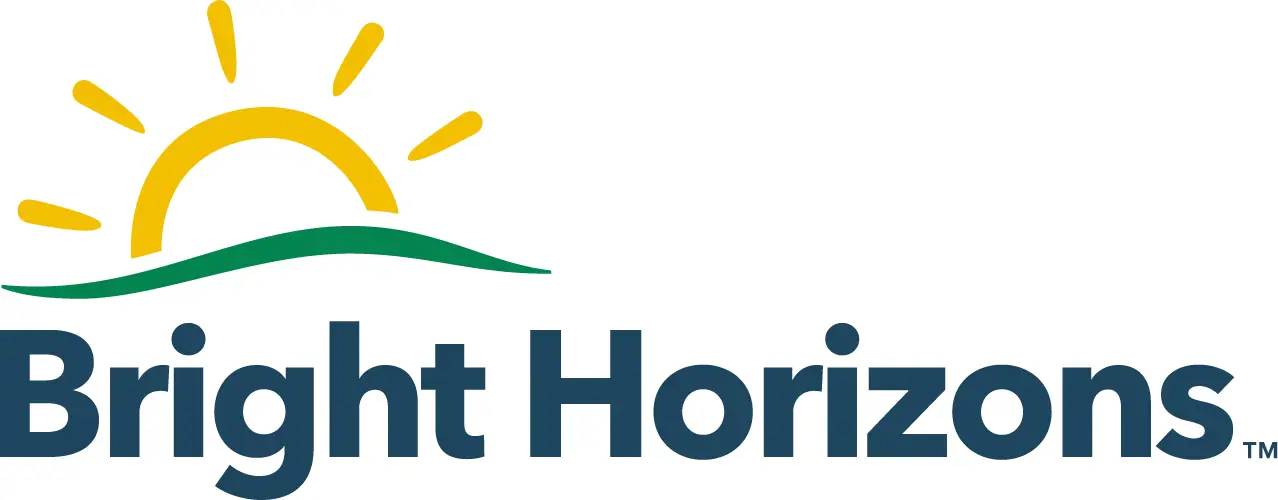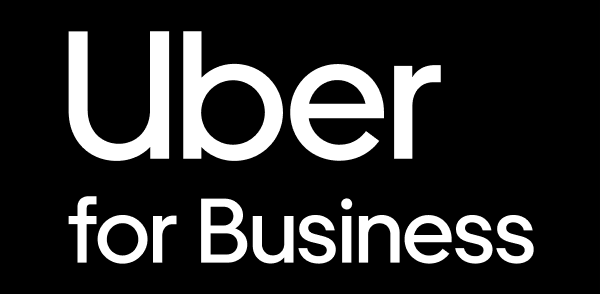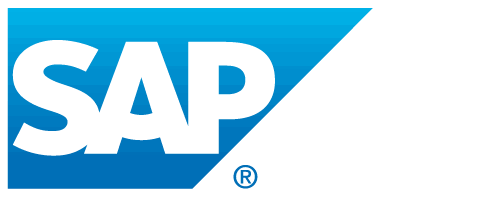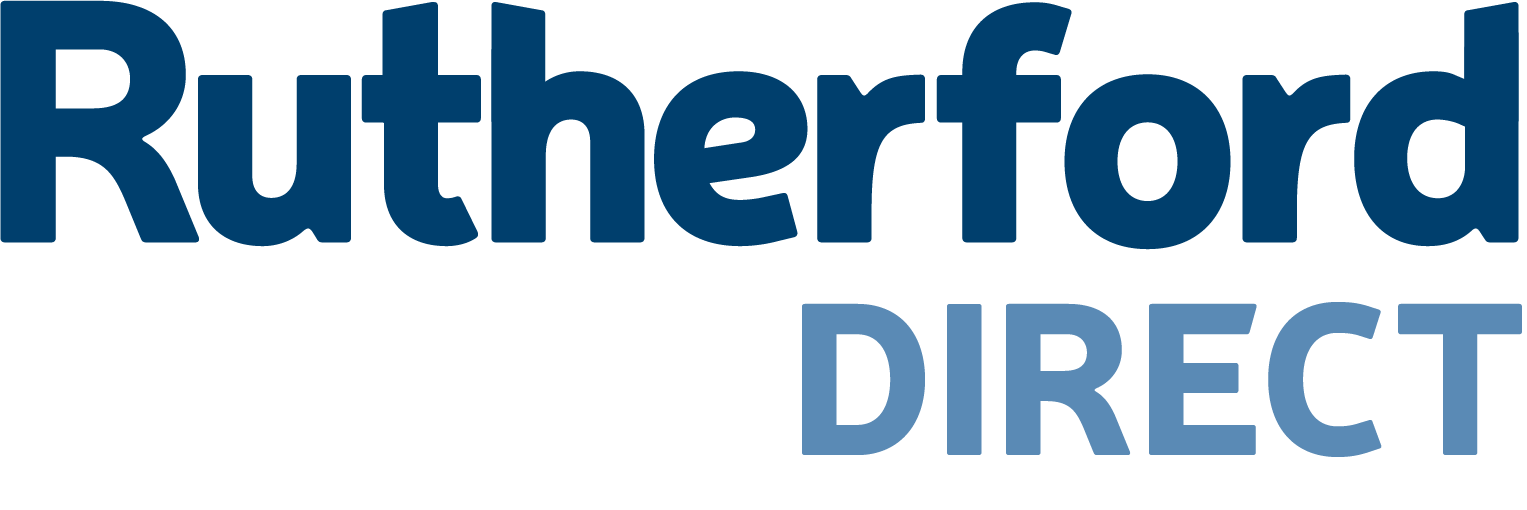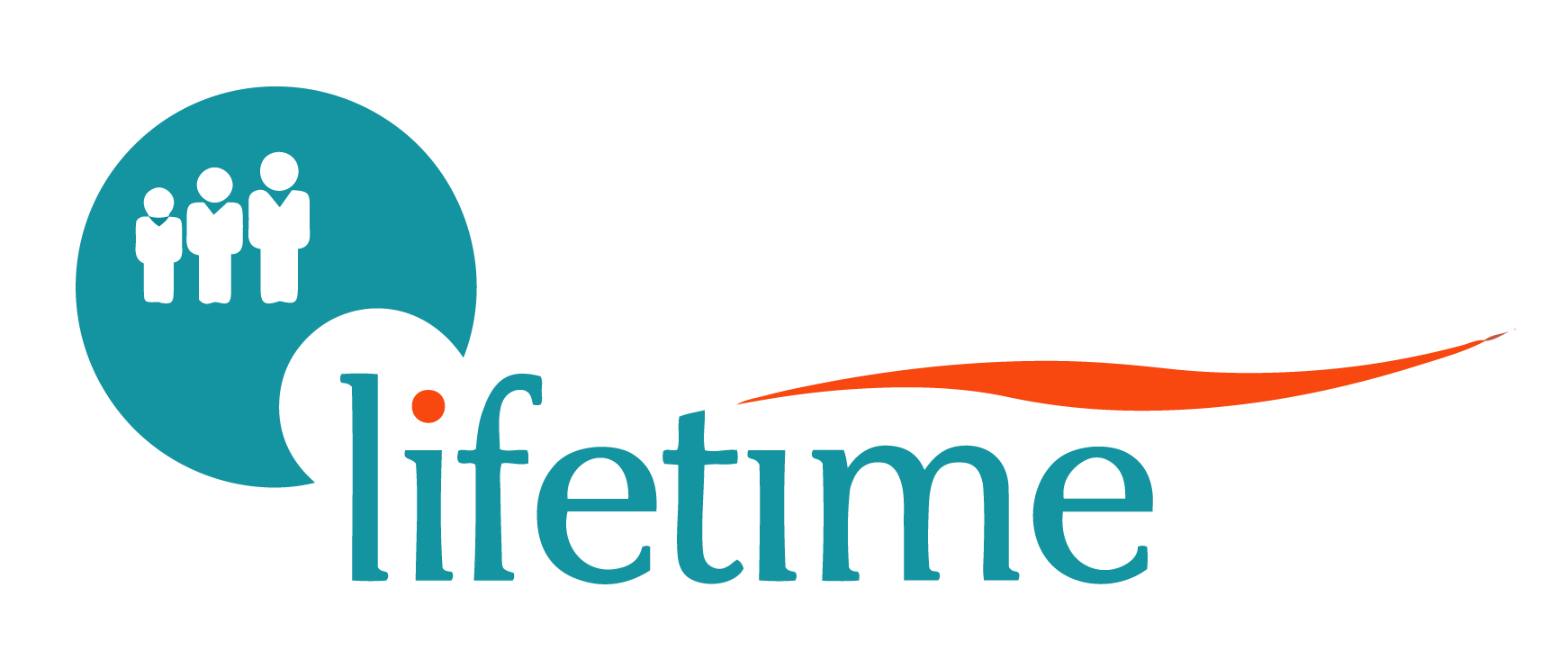I know what you’re probably thinking: just four? And I’d agree.
There are probably a dozen or more issues that we could be discussing, all vying for precious time and space on the agenda of any HR team. But each of these four should occupy a position very high on that agenda.
This is where you can make a real impact.
Focus is important. I’m hearing a lot from HR teams worried that benefits have become too fragmented in the last three years.
Covid meant that many large corporations invested in innovative ways to support wellbeing, and not all of them have hit the spot.
Benefits overwhelm has become a real problem: now’s the time to crystallise what we offer to where we can really make an impact.
So where are the best places to make that impact? Here are the four we at Bubble feel should be highest on your agenda for 2024.
Make people feel better about their financial status
Because inflation is still likely to be with us, interest rates are likely to remain relatively high, and the impacts will continue reverberating throughout next year.
For both individuals and families, times will continue to be tough.
Many employees are struggling to make ends meet. The need to improve salaries will lead many of your best people to look for better paid positions, with a subsequent impact on recruitment costs.
While we can’t keep boosting salaries, there are other levers we can use: financial planning, money saving schemes, childcare subsidies and commuting support are all ways to make your workforce feel more confident at times when money is a source of stress.
Give people certainty about how and where they are expected to work
Anyone else feel like we are going around in circles here?
There is a growing feeling among CEOs that a return to full time office working will happen next year.
But while two thirds of CEOs are in favour of getting employees back to the office, one third of employees say they’ll quit their jobs if forced to do so. In the UK 63% of CEOs want pay and promotion linked to workplace attendance.
Leaving aside the potential for legal challenges to such changes, which could very well happen, there is little assessment of the possible impact this might have on diversity, equality and inclusion (DEI) goals.
If you need your employees back in the office, this needs to be addressed and that might also benefit from a carrot or two rather than a potentially confrontational stick.
So, what benefits could you provide to ease that return? For those with young families, childcare is likely to score highly if you are asking employees to give up their flexible options and return to the office.
Help women navigate the missing rung
One good, if a little precarious trend that has emerged this year, is the increasing number of women returning to work, particularly mums.
However, while the number of women in work is rising, there is no sign that this is leading to more women in higher level positions.
According to McKinsey rather than more women moving up the career ladder, the opposite is happening.
In fact, senior women are leaving at a higher rate than ever before – and at a higher rate than their male counterparts. So while there is a drive to see more women in senior roles, the talent is draining away.
This is what McKinsey calls ‘the missing rung’ (and what we at Bubble’s ROI report call the “sticky floor”).
The two biggest areas where leading HR teams are making progress are with better menopause awareness and support, alongside providing tangible care benefits.
Both are key to enabling women to remain in position for longer, and to return to the workplace after starting their families knowing they have the support they need, should they ever need it.
As a result your business keeps their talents and skills, which is good for them, but a boost for any business as well.
Remember good mental health starts at home
Three years ago mental health support benefits exploded, yet we are still seeing levels of burn-out and absenteeism increase.
It’s time to evaluate mental health support with a different lens to make sure you’re really able to help those in need.
Caregivers are particularly vulnerable. You need to be aware of those of your employees who are in this category without being too obtrusive.
Making people aware of the range of support you provide, and how to access this, should help.
In its 2022 report, Women in the Workplace, McKinsey identified subsidised childcare as an emerging practice for any business looking to achieve its DEI goals. Taking care of the caregivers clearly makes a difference.
Above all, accessibility is critical. No matter how much support you provide, if it’s not incredibly easy to access, or if an employee doesn’t have the bandwidth to access it, then it’s wasted.
You need to ensure that technology is in place to enable you to deliver the support, advice and answers needed, when they are needed.
Remember too there are organisations which can help in this. You don’t have to reinvent the wheel, but instead tap into the support networks which already exist and have a proven track record.
This support makes a significant difference to the bottom line. Investing in such areas as childcare is a benefit which in ROI terms pays back handsomely. To find out more you can download our whitepaper using the link at the end of this article.
There are plenty of issues which will have an impact in 2024. We’ve not touched on the ageing workforce or the looming disruption of AI.
Our focus instead has been on employees at work and the issues which impact them most strongly. Let’s face it, it’s going to be some time yet before AI can break off a meeting and rush down to the school to pick up a sick child.
By focusing attention on these four we are being selective, but for a good reason.
The pressures on both individuals and families in particular will continue to be significant next year.
Now is the time to step back and take a good look at both what you are already doing to mitigate those pressures, and what fresh steps you might be able to take.
Childcare is an essential benefit which ties together so many of these challenges and provides a wide reaching solution to each of them.
If you’ve not already done so, we think it’s worth taking a closer look at the impact it can have across the board, and not least the business returns it can provide.
There will be other challenges in 2024, some of which we may not even be aware of just yet.
But offering support which helps bridge the financial gap, encourages employees to come back to the office, aids the career development for so many women, and provides vital support to those who care for others, has got to be something that should be high up on any HR agenda whatever the future might hold.
Sarah Hesz is chief commercial officer at Bubble
To discover more about just how childcare support can boost your business and employee wellbeing click here




